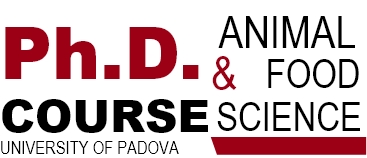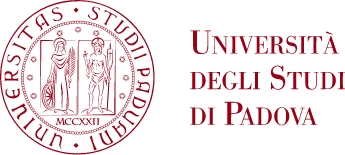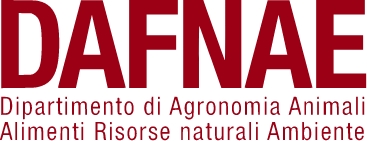In an historical period in which the use of multimedia tools for learning, dissemination, exchange of information and maintenance of working relationships has become indispensable, this project aims to develop a multimedia platform “Knowledge Exchange Platform – KEP” as an innovative tool for the exchange of knowledge and learning in the context of Animal and Food Science.
Salvatore Raniolo
Microbial functions as environmental indicators in Alpine grasslands
Alpine grassland ecosystems are a key source for livestock farming as they can be used as summer pastures. Soil microrganisms control nutrient cycles and can consume and produce GHGs
How microrganisms thrive in grassland ecosystem soils? Salvatore uses a molecular approach based on real time PCR to assess the potential of ecosystem function of alpine grasslands using microbial genes as indicators.
He integrates also molecular data with GPS data to understand how animal distribution and behaviour in the alpine grasslands can influence microbial dynamics in the soil and finally, he uses also environmental data to know how microbial communities are shaped.
Results from Salvatore’s research will ensure a more sustainable management of alpine local grasslands, for example by selecting the best area for grazing.
Antón Pascual Guzmán
Use of feed additives in antibiotic-free production systems
How does a 40g chick get to weight like a watermelom after only 40 days?
Genetics is the main factor behind the fast growth of broiler chickens. However, animal health and nutrition play also a key role.
During the past, antiobiotics were largely used to ensure animal health. However, the increasing concerns on antibiotic resistance is leading animal farming towards antibiotic-free productions
Can feed additives be used in replacement of antibiotics? In his research project, Antón is evaluating if the gut environment and immune response can be improved by the use of feed additives, assuring optimal animal growth and welfare even under sub-optimal environmental conditions
Cecilia Fanizza
Innovative feeding and rearing strategies for improving sustainability of aquaculture
Fish are in trouble; the ocean is sick!
Aquaculture is well-known for its efficient production of protein-rich food, but is often criticised for its unsustainable practices. The main problem is the use of aquafeed containing fishmeal and fish oil derived from fishing small pelagic species, which has a significant impact on marine ecosystems and has led to the depletion of one-third of the fish stocks in our oceans.
In her PhD project, Cecilia is researching and testing alternative ingredients, such as plant, by-product and novel food, to replace fishmeal and fish oil in aquafeed formulations.
She evaluates the palatability of these ingredients, to ensure fish optimal growth; their performance, by assessing digestibility and the quality of the final product; their management in the farming system, crucial for fish welfare; and their environmental impact, highlighting the necessity for sustainable aquafeed production to protect oceans ecosystems.



